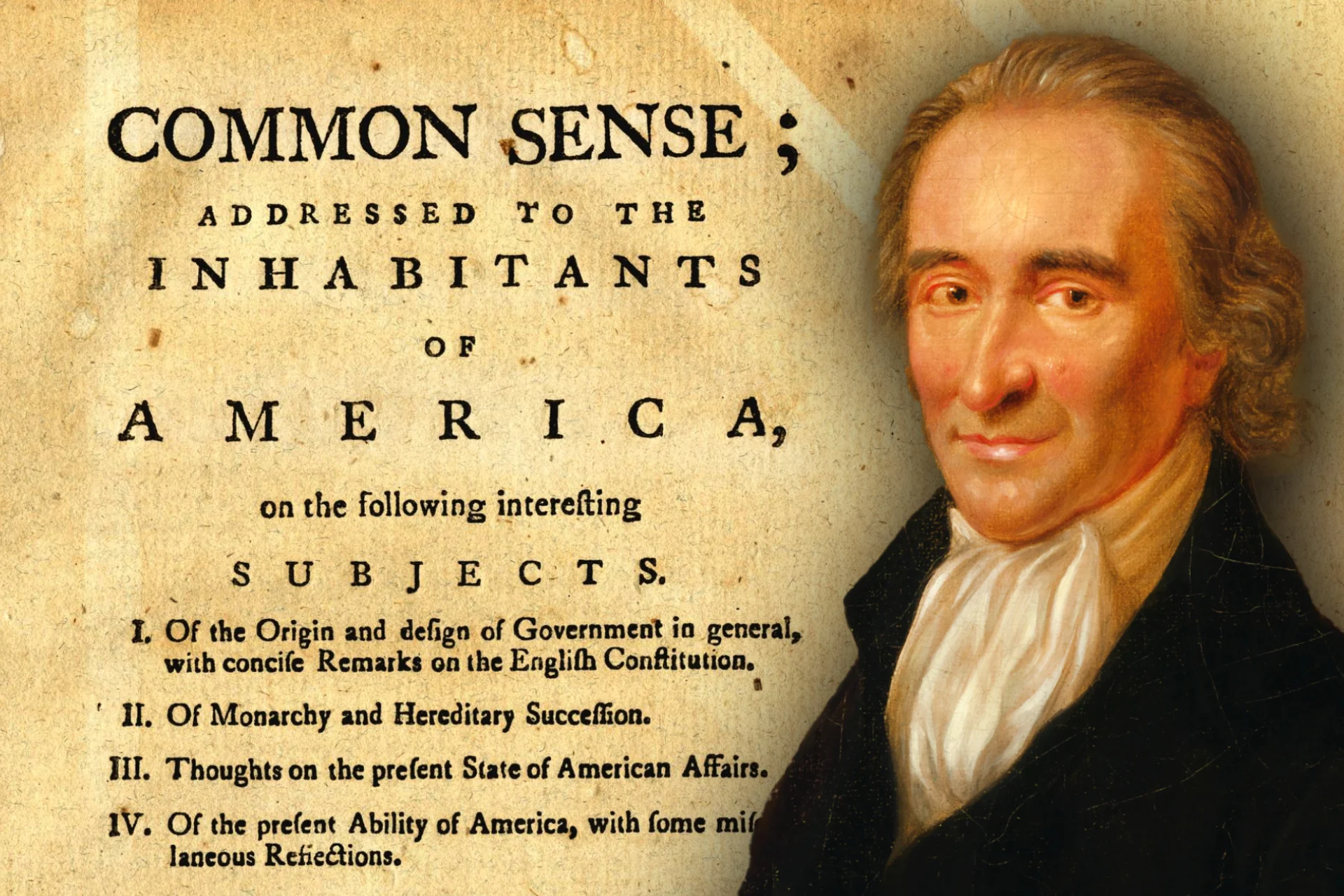January 10, 1776, is a date etched in the annals of American history. It was on this day that Thomas Paine, a name now synonymous with American independence, published his influential pamphlet “Common Sense.” This 48-page pamphlet not only galvanized public opinion in favor of independence from Britain but also transformed the American Revolution’s discourse.
The Man Behind the Words: Thomas Paine
Thomas Paine, an English-born American political activist, philosopher, and writer, arrived in the American colonies in 1774, just as revolutionary sentiments were reaching a boiling point. Influenced by the ideas of the Enlightenment and his experiences in America, Paine penned “Common Sense,” a powerful and unabashed call for independence and republican government.
“Common Sense”: A Bold Argument for Independence
“Common Sense” was groundbreaking for its direct and forthright language, aimed not at scholars or elites but at the common people of the American colonies. Paine argued that the idea of an island ruling a continent was absurd and that the time had come for the colonies to break free from British rule. He skillfully dismantled the arguments for monarchy and hereditary succession, promoting the revolutionary idea that people should govern themselves.
The Widespread Impact of “Common Sense”
The pamphlet was an immediate success, selling over 100,000 copies in just a few months. Its impact was profound and far-reaching. “Common Sense” not only inspired the colonists to strive for independence, but it also articulated a vision of a new type of government, based on principles that would eventually shape the American Constitution.
Paine’s arguments resonated deeply with the prevailing sentiments of fairness and liberty among the colonists. He provided the intellectual fire that fed the revolutionary cause and the persuasive rhetoric that turned a revolt into a quest for liberty.

Legacy and Historical Significance
“Common Sense” remains one of the most important works in American political literature. Its publication was a pivotal moment in the American Revolution, influencing key figures such as George Washington and John Adams. Paine’s ideas helped lay the foundation for the Declaration of Independence and continue to influence democratic thought worldwide.
Conclusion:
The publication of “Common Sense” by Thomas Paine on January 9, 1776, was more than just the release of a pamphlet; it was the spark that ignited the flame of American Independence. Paine’s powerful words and clear arguments provided the colonies with the rationale and motivation needed to declare and fight for freedom. His work remains a testament to the power of the written word in shaping the course of history.












William Gundy
Good material reminding us of the importance of knowing our history.
Mark Reed
Paine’s seminal work, Common Sense, ought to be required reading for every high schooler in America, as most are completely ignorant of the revolutionary principles that gave our nation its unique place in the world.